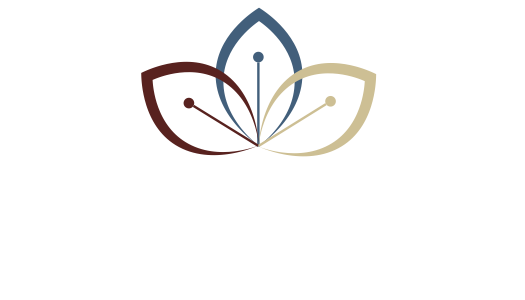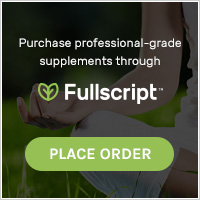 Hi John,
Hi John,
Our 13 year old son who suffers from reactive airway disease (aka asthma) and allergies (to dust mites and cats). He has suffered from these conditions for 7 years, and continues with traditional pharmaceutical medication treatment. We have made many environmental changes in our home to reduce allergens. Our son has also seen a homeopath in the past, but with little obvious effect. You come recommended to us, and we are interested in whether you can provide an alternative to steroid treatment and other medications that reduce nasal decongestion.
– Dr. P.
Dear Dr. P,
The younger the child, the easier it is to treat asthmatic conditions. About 90% of the 4 year old and younger patients have been able to get completely off of medications. The condition at that age is usually very simple and uncomplicated. The older the patient the (generally) more difficult it is to get great results.
At age 13 with reactive airway, after 7 years of steroids, I would guess about 50% likelihood of success. One of the biggest reasons for the much lower rate of success is that the steroids shut down the bodies endogenous corticosteroids so that when the patient is taken off of them, there is no systemic way for the body to put out the fire.
Chinese Medicine works by increasing the endogenous corticosteroid levels. It takes time to reawaken this corticosteroid system after 7 years of suppression. There is good experimental information on this issue that was reported in a study done at Mount Sinai Hospital.
Mount Sinai Research Abstract except:
1: J Allergy Clin Immunol. 2005 Sep;116(3):517-24
Efficacy and tolerability of anti-asthma herbal medicine intervention in adult patients with moderate-severe allergic asthma.
Wen MC, Wei CH, Hu ZQ, Srivastava K, Ko J, Xi ST, Mu DZ, Du JB, Li GH, Wallenstein S, Sampson H, Kattan M, Li XM. Weifang Asthma Hospital, Shandong, China
BACKGROUND: Chinese herbal medicine has a long history of human use. A novel herbal formula, anti-asthma herbal medicine intervention (ASHMI), has been shown to be an effective therapy in a murine model of allergic asthma. OBJECTIVE: This study was undertaken to compare the efficacy, safety, and immunomodulatory effects of ASHMI treatment in patients with moderate-severe, persistent asthma with prednisone therapy.
METHODS: In a double-blind trial, 91 subjects underwent randomization. Forty-five subjects received oral ASHMI capsules and prednisone placebo tablets (ASHMI group) and 46 subjects received oral prednisone tablets and ASHMI placebo capsules (prednisone group) for 4 weeks. Spirometry measurements; symptom scores; side effects; and serum cortisol, cytokine, and IgE levels were evaluated before and after treatment.
RESULTS: Posttreatment lung function was significantly improved in both groups as shown by increased FEV(1) and peak expiratory flow findings (P<.001). The improvement was slightly but significantly greater in the prednisone group (P<.05). Clinical symptom scores, use of beta(2)-bronchodilators, and serum IgE levels were reduced significantly, and to a similar degree in both groups (P<.001). T(H)2 cytokine levels were significantly reduced in both treated groups (P<.001) and were lower in the prednisone-treated group (P<.05). Serum IFN-gamma and cortisol levels were significantly decreased in the prednisone group (P<.001) but significantly increased in the ASHMI group (P<.001). No severe side effects were observed in either group.
CONCLUSION: Anti-asthma herbal medicine intervention appears to be a safe and effective alternative medicine for treating asthma. In contrast with prednisone, ASHMI had no adverse effect on adrenal function and had a beneficial effect on T(H)1 and T(H)2 balance.
There is a great deal more relevant information in the actual report than in this abstract. The really important findings, to me, of this study are the ones underlined above. Other studies have also shown that, likely as a result of the dramatic difference in the levels of immune complement in Steroid vs. herbs, there was a near 100% relapse rate after the steroids and a low relapse rate after herbs. The suppressed immune system on steroids virtually guarantees recurrence. There are many other studies to support this effect.
With the numerous problems with the steroids, including the significant suppression of endogenous corticosteroids, I would recommend trying Chinese Medicine for the condition.
I am known as a minimalist in the number of treatments that I do . Typically about 1/4 of the treatments of most acupuncture practices. I focus a great deal on diet, supplements, herbs, lifestyle, so don’t need as many acupuncture visits.
– Dr. John Nieters, L.Ac. DAOM, FABORM




